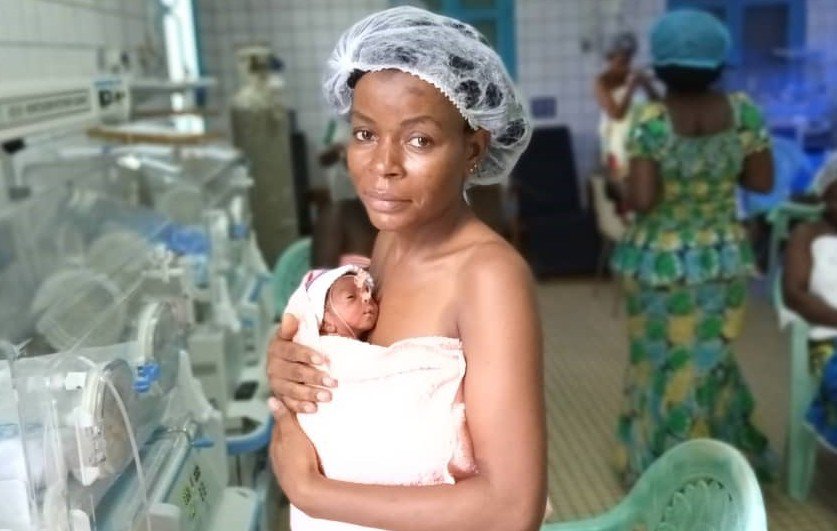Scaling and sustaining impact: Lessons from the Cameroon Kangaroo Mother Care DIB

After our summer break, the Engaging with Evidence series returned with a deep dive session on lessons learnt from key stakeholders of the Cameroon Kangaroo Mother Care DIB.
Engaging with Evidence is a series of interactive online convenings hosted by the Government Outcomes Lab (GO Lab) and designed to encourage a greater understanding of the latest evidence on the use of cross-sector partnerships focused on outcomes. The sessions are hosted monthly, and attract a diverse range of practitioners from different sectors, as well as researcher from across the world.
Building independent, high-quality evidence
At the GO Lab, we believe in the importance of building independent, high-quality evidence and disseminating it effectively to inform policy decisions and improve practice on the ground. As new evidence around the use of outcomes-based approaches is starting to emerge, we hope that with this series of online convenings we can continue to bridge the gap between evidence and practice, and help foster real dialogue between policymakers, practitioners and researchers in an honest, transparent and constructive way. Both veterans and explorers interested in better understanding the latest evidence around the use of outcomes-based approaches are welcome to join these sessions.
Throughout 2021, Engaging with Evidence will offer an open platform for policymakers, practitioners and researchers around the world to engage with key findings from the latest research and evaluation work in the field. They will have the opportunity to discuss new evidence directly with the authors of research and evaluation studies, hear the practical insights of the partners involved in the development and implementation of the projects under discussion, and reflect on the relevance of the evidence to their own work.
What to expect
Each session lasts 90 minutes and features contributions from a diverse panel of experts, as well as ample time for contributions and questions from all participants. Discussions at each session are grounded in the findings of a recent evaluation or research study, with additional practical insights brought in by stakeholders directly involved in the work or project under discussion. Each session follows a set format:
- Setting the context & presentation of the evaluation/ research findings
- Discussion with the panel and audience questions
- Closing remarks
If you’d like to suggest a topic or highlight a recent study that you’d like to see discussed on a future session, please contact our moderators Andreea Anastasiu or Tanyah Hameed.
Session recording
Listen to the audio recording of the session.
Session overview
The Kangaroo Mother Care (KMC) Development Impact Bond (DIB) was launched in February 2019 to improve neonatal health outcomes in ten public hospitals across five regions in Cameroon through the delivery of quality Kangaroo Mother Care (KMC). Addressing the high rate of under-five mortality in Cameroon, KMC is an intervention for saving and caring for infants by administering continuous skin-to-skin contact, breastfeeding, and early discharge from hospital with follow-up. The programme was structured as a partnership between the Cameroon Ministry of Public Health (MoPH), Grand Challenges Canada (GCC), Nutrition International (NI) and the Kangaroo Foundation Cameroon (KFC). Social Finance led the DIB’s design and has supported performance management throughout.
As the programme came to an end in September 2021, those involved in the delivery of the programme undertook a multi-stakeholder learning exercise to reflect on the DIB’s decision-making and governance structures, data and learning mechanisms, financial structure, management systems, and how to sustain impact after the DIB. These learnings were summarised in the DIB's end of programme report.
In this session, we explored what the key lessons have been for the stakeholders involved in this programme, what results were achieved, what comes next after the DIB, and what this might tell us about the potential to use outcomes-based approaches to introduce and scale social interventions.